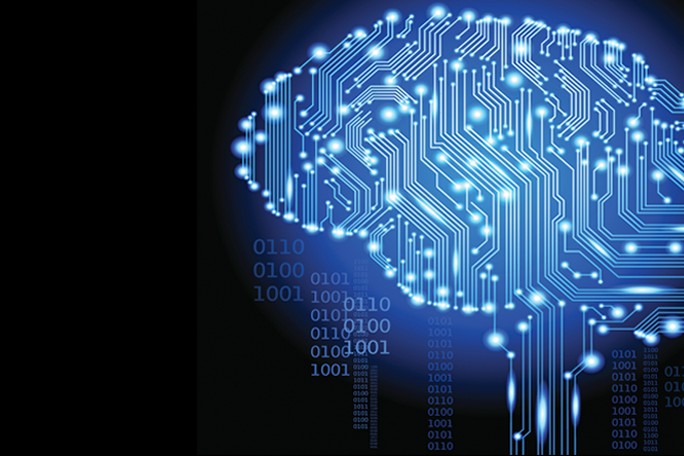IBM CTO Says Artificial Intelligence Won’t Overtake Humans “For Centuries”

Contrary to Stephen Hawking’s claims, IBM Watson Fellow says artificial intelligence fear comes from “gross underestimation” of humans
In views contrasting those demonstrated by scientist Stephen Hawking last week that artificial intelligence will surpass the intelligence of humans within 100 years, a major voice in IBM’s Watson project expressed to TechWeekEurope that it will more than likely take much longer than that.
Speaking to journalists at IBM InterConnect in February, Rob High, an IBM CTO and Fellow, claimed that a belief in artificial intelligence succession betrays our own intelligence as human beings.
 High said: “I find that whole notion is borne from a gross underestimation of how incredibly sophisticated we are as humans. If you really get to what makes up our condition, we are not only able to employ reasoning strategies that are incredibly sophisticated , but we have so many different strategies that we employ subconsciously that we’re not even aware of that, it’s going to take us centuries to go recreate all those different strategies.”
High said: “I find that whole notion is borne from a gross underestimation of how incredibly sophisticated we are as humans. If you really get to what makes up our condition, we are not only able to employ reasoning strategies that are incredibly sophisticated , but we have so many different strategies that we employ subconsciously that we’re not even aware of that, it’s going to take us centuries to go recreate all those different strategies.”
Speaking at last week’s Zeitgest 2015 conference in London, and reported by TechWorld, renowned physicist Stephen Hawking said: “Computers will overtake humans with AI at some within the next 100 years. When that happens, we need to make sure the computers have goals aligned with ours.”
“I really discount any of these people”
But High said that artificial intelligence computers are only an extension of our cognitive thoughts, with artificial intelligence existing to help human reasoning, not replace it.
“What’s important is that we as humans can create strategies on the fly, and that’s something we’ve never quite figured out even with artificial intelligence,” said High. “I really discount any of these people who are trying to claim that computers are going to replace humans because they simply don’t understand their own richness of capability.”
Rob High, who has been an IBM Fellow since 1998, is a lead player in the development of IBM’s Watson supercomputer. High said that the purpose of Watson, and the very crux of how it works, is an extension of the human brain, rather than a replacement.
 “We have very deliberately concentrated on applying cognitive systems to amplify human cognitive capability,” said High. “If you go back through the entire human history of technological advancements, [computers] have always been applied this way. They are they to amplify our own human strengths.
“We have very deliberately concentrated on applying cognitive systems to amplify human cognitive capability,” said High. “If you go back through the entire human history of technological advancements, [computers] have always been applied this way. They are they to amplify our own human strengths.
“In all these cases, cognitive systems are employing reasoning strategies that are similar to those we as humans would employ. And so the results of those strategies are things that become reasonably intuitive for anyone who looks at them. A doctor would look that the choices and say ‘not only does that make sense’, but the outcomes are intuitive and I can apply them to the decisions I want to make.”
Health
One of IBM Watson’s focus areas is the health industry, where the supercomputer is set to revolutionise the way doctors diagnose patients. High said that Watson won’t be replacing doctors, but helping the diagnosis with artificial intelligence. Watson will present to the doctor a list of treatments that the doctor may not have known about previously because of a number of different factors.
“It’s there to provide a list of choices that expand [the doctor’s] skills and inspiration. This will make them a better doctor.”